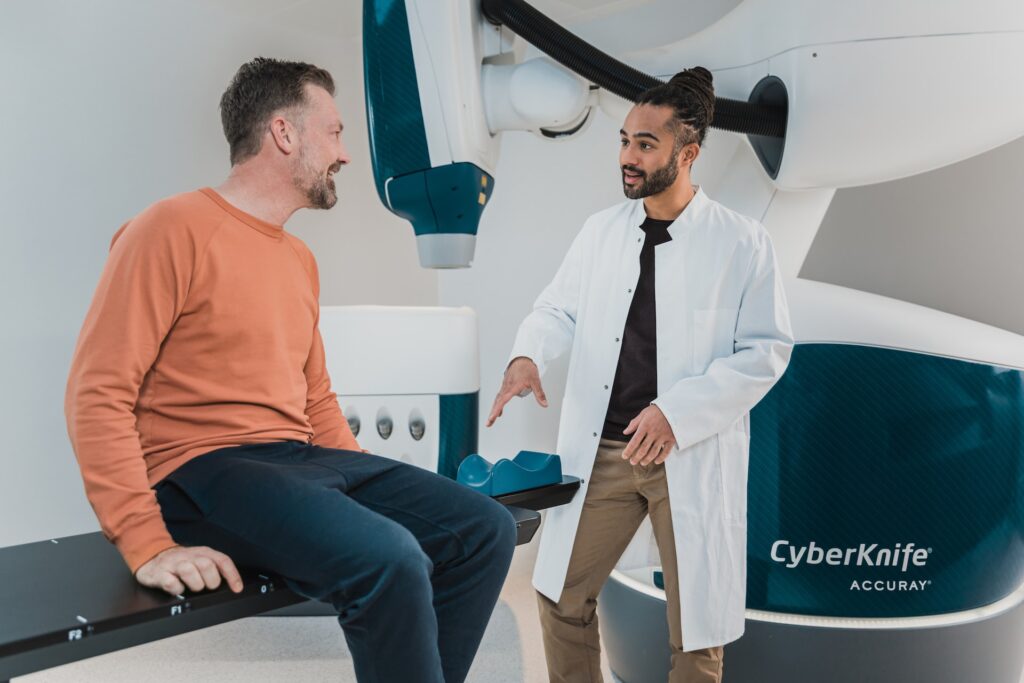
9 Tips For Successful Hospital Management
Successful hospital management has become harder to do as the healthcare sector gets more complex. It calls for a trifecta of expertise, knowledge, and experience. You must ensure that hospitals remain an effective, safe, and efficient environment for patients and staff.
This article will offer advice on how to run a hospital efficiently. These suggestions aid in managing hospitals effectively, from establishing precise goals and objectives to creating potent communication plans. By implementing these tips, hospital managers can ensure that their organization runs smoothly and efficiently while providing quality care.
Why you need to implement effective Hospital Management tips.
Being a successful hospital administrator requires a wide range of skills, from managing employees to leading strategic initiatives. Hospital administrators face increasing demands as the healthcare sector develops. To remain successful, it is essential for administrators to stay up-to-date with the latest trends and technologies. To uphold the highest levels of care, they must remain current. Let’s look at some tips for effective hospital management that can help administrators lead their hospitals with confidence.
Hospital management is a complex and important field of study. It involves the coordination of multiple departments, the implementation of efficient systems, and the understanding of human resource management principles. Effective hospital managers must have a deep understanding of how to use resources efficiently while providing excellent patient care.
1. Effective Management Structure

The success of any hospital depends on having an effective organizational structure. This includes defining roles and responsibilities within each department. Not only that, but also creating clear lines of communication between departments and establishing goals for staff members.
Good management should make an effort to develop extensive yet simple-to-understand policies and processes. These regulations should, in particular, guarantee that staff members receive adequate training in proper protocol. It should also allow them a little flexibility when it comes to executing their duties.
What Makes A Good Hospital Structure?
A good hospital structure should be flexible enough to accommodate changes in the healthcare industry. It should also serve as the organization’s chief executive and give the other departments guidance. It should include clear responsibilities for each position, as well as appropriate levels of authority to ensure accountability and effectiveness. The right organizational structure will provide guidance on how decisions are made, who is responsible for what tasks, and how resources are allocated in order to achieve optimal efficiency.
At its core, an effective organizational structure is essential for efficient hospital operations because it helps streamline processes. It also helps reduce redundancy, improve communication among staff members, and set expectations that facilitate better performance across the board.
2. Stay up-to-date With Healthcare Regulations

Effective hospital managers should also be mindful of changes in healthcare regulations. The healthcare industry is constantly changing. Hospital managers must stay informed of the latest regulations in order to remain compliant. As a hospital manager, it is not enough to just simply understand the regulations. You must also be mindful of how these new changes will impact your organization. These changes can have a major impact on how services are delivered within their organizations. When a new regulation is proposed or implemented, hospital managers should take steps to evaluate both immediate and long-term implications.
They should consider what resources need to be allocated in order for the organization to adhere to the new regulation. They should also consider how this may affect the daily operations of their hospital. Additionally, they should determine if any existing policies within their facility will need to be modified in order for compliance. By taking an active approach to understanding and implementing changes in healthcare regulations, effective hospital managers can ensure that their organizations are always up-to-date with newer standards and protocols.
3. Goal Setting

Goal setting plays an important role in the successful management of hospitals. It can provide direction and focus to the people working in a hospital. It also plays a big part in helping to create measurable objectives that can be used to measure progress. Goal setting is an essential part of the strategic planning process. It involves establishing specific objectives that are achievable within a certain time frame.
This helps to ensure that all goals are focused on improving patient outcomes and overall satisfaction with the services provided. Goals should also be aligned with organizational values and mission statements. Everyone involved in the hospital’s operations should understand what they are trying to achieve by setting these goals.
4. Staffing

When it comes to managing a successful hospital, there is nothing more essential than having a well-staffed facility. With the number of patients and services that an average hospital provides, staffing becomes an integral part of providing quality care and maintaining efficiency. Having enough personnel with the right skill sets can make or break a medical facility’s success.
The different roles within the hospital staff are diverse and specialized, so finding qualified individuals who can work together as a team is important for providing quality care in all areas of patient care. From doctors, nurses, and other specialists to administrative staff, IT professionals, pharmacists, and technicians – each role needs to be filled by someone who has the necessary expertise to do their job effectively. It’s also important that teams are able to communicate quickly and accurately with each other for seamless patient service delivery.
5. Budgeting

The management of a hospital involves many different aspects, and budgeting is one of the most crucial ones. An effective hospital manager must be able to allocate funds properly while accounting for the ever-changing needs of the medical staff, patients, and other stakeholders.
Creating a budget that works for everyone involved takes time and dedication. The successful implementation of any budget depends on accurate projections of future expenses and revenues, which require thorough research and analysis in order to be precise. Additionally, managers must ensure they work within legal boundaries set by governing bodies such as Medicare or Medicaid when allocating funds throughout the organization. Furthermore, budgets should also leave room for unexpected expenditures that may arise during certain periods or due to unforeseen circumstances.
6. Technology Utilization
Managing a hospital can be incredibly difficult for many healthcare providers and administrators. With the complexity of patient care, insurance, billing, and record-keeping, it is essential that all aspects of a hospital’s operations are functioning in unison. One key component to this symphony of functions is incorporating billing software into the core operations of any successful medical facility.
Medical practice management software streamlines the process of patient billing and collections by automating tasks. It takes care of important tasks such as creating invoices, tracking payments, and producing reports quickly and accurately. By using a single system to manage these tasks, hospitals can reduce time spent on data entry while increasing efficiency throughout the entire organization. The convenience of digitalized records allows for faster access to vital information needed when making decisions about patient care or business strategy.
7. Communication Strategies

Successful hospital management requires the coordination of many different components. Communication Strategies are not something that should be ignored. Effective communication within a hospital environment is critical for patient health outcomes, staff morale, and operational efficiency.
Communication strategies should be tailored to meet the needs of each individual department and reflect the overarching goals of the organization as a whole. It is important to create an environment where information flows freely between all stakeholders, including patients, physicians, nurses, and administrative staff.
In addition to providing clear communication channels among healthcare providers, effective communication strategies must also ensure that patients receive timely access to care and that their questions are answered quickly and accurately. This information should be communicated through multiple channels such as print materials, websites, emails, or telephone calls in order to reach both those who do not have online access and those with limited computer literacy skills.
8. Quality Improvement Programs

Quality Improvement Programs (QIP) are an essential facet of successful hospital management. QIPs are designed to help healthcare organizations identify and address potential gaps in quality, safety, and patient care. Using evidence-based strategies like hazard identification and risk management, a QIP can ensure that patients receive the highest standard of care while helping the organization reach its performance goals.
The ultimate aim of any Quality Improvement Program is to increase value for both patients and providers. For hospital administrators, this means improving the efficiency and effectiveness of services while reducing costs by eliminating unnecessary duplication or waste. Additionally, it provides an opportunity for organizational learning through tracking data that monitors outcomes against standards set by accepted clinical practice guidelines.
A well-developed Quality Improvement Program enables hospitals to provide superior care on a budget, thereby ensuring their long-term financial stability.
9. Maximizing Successful Outcomes

In today’s healthcare landscape, it is especially important to ensure that positive patient outcomes are being achieved in order to meet regulatory standards and provide excellent patient care. Hospital administrators must recognize that successful outcomes not only depend on accurate diagnosis and appropriate treatment but also on effective resource utilization and efficient operations.
To maximize successful patient outcomes, hospitals must have a comprehensive approach to all aspects of their operations. This includes developing processes that are both cost-effective and medically sound; utilizing the latest clinical technology; providing quality education for staff members; and fostering an environment of communication between medical professionals, patients, families, and other stakeholders.
Additionally, hospital leadership should take into account the physical environment of the facility as well as cultural issues that may influence patient outcomes.




